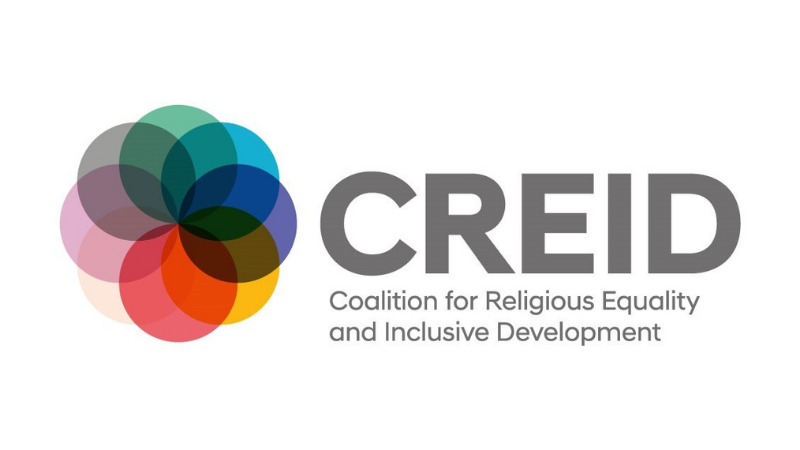
Iraq and Pakistan: promoting religious equality for inclusive development
Duration: 2019 – 2022
Communities: Various
What was this programme about?
Are people who hold a minority faith or belief in a country poorer on average than those who share a faith or belief with the majority? We believe that the answer to this question is ‘yes’. What factors or processes contribute to this effect? How can we intervene to change this?
In many countries around the world, people can experience poverty, exclusion, injustice and outright acts of violence because they do not belong to the faith, religion or belief of the majority. We see extreme examples of this in the news such as the kidnap of the Chibok Christian girls in Nigeria by Boko Haram or the plight of the Muslim Rohingya in Myanmar. But we know little about the myriad processes and factors behind the attitudes, decisions and systems that can result in discrimination and exclusion on the grounds of religion or belief.
We believe that freedom of religion or belief is essential for people living in poverty, violence and/or inequalities to realise their potential, and live in dignity, free from stigma and exclusion. Achieving this requires better coordination across foreign policy, human rights and international development sectors, at local and global levels, to recognize and address religious inequalities and discrimination.
MRG was proud to be part of the Coalition for Religious Equality and Inclusive Development (CREID), a consortium of faith or belief groups, non-governmental organisations (NGOs) and academics that has worked together to promote religious diversity by supporting freedom of religion or belief policies in poverty reduction and development programmes in a range of countries. MRG has been focusing on three of these countries: Iraq, Pakistan and Myanmar. Specifically, the programme has been exploring how poverty, violence and inequality reduction strategies can address religious inequalities and strengthen interdependence between people, irrespective of religious differences. The consortium is led by the Institute of Development Studies (IDS) and funded through UK Aid Connect.
What did we do?
- Mainstreamed awareness of Freedom of Religion or Belief (FoRB) in development by highlighting ‘religion-blind’ development programmes and promoting instead a list of ‘good practices’, with an emphasis on intersecting inequalities (religious affiliation, gender, age, etc.);
- Identified innovative means of bringing young people from different faiths or beliefs together and building their capacity to serve their communities in environments of severe sectarian tensions in order to promote social cohesion;
- Built on digital innovations that facilitate hate speech monitoring, aiming at capturing, understanding and responding to the mobilization of online and offline hatred towards minority religious communities;
- Established and supported partnerships and coalitions for policy and discourse influence at the national level between actors that have not previously worked together, including coalitions of different minorities or religious groups;
- Promoted cross fertilization for religious inclusivity on the international stage by bringing about collaboration between foreign and human rights policy work, faith or belief leaders, and development practitioners.
MRG led the Hate Speech Monitoring strand of this work in Pakistan, Iraq and Myanmar. Questions we asked include:
- Who are the instigators of hate speech? How do they work?
- What makes audiences believe hate speech? What causes it to spread? What makes them act on it? (e.g. in a violent attack or threat to an individual or community)
- How can we act swiftly to counter hate speech when it (or actions prompted by it) threaten a community or community member?
- How can we generate positive messages about religious respect that act to pre-empt hate speech? How can we promote positive messages at the expense of hateful material?
Related publications
[wp_show_posts id=”54943″]
Related news
[wp_show_posts id=”58278″]
Who were our partners?
Our partners were: